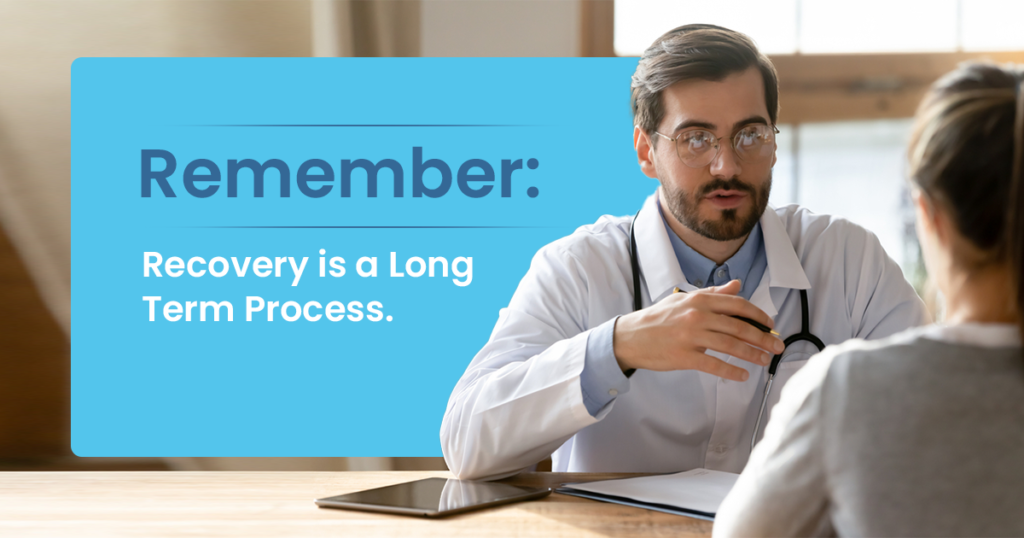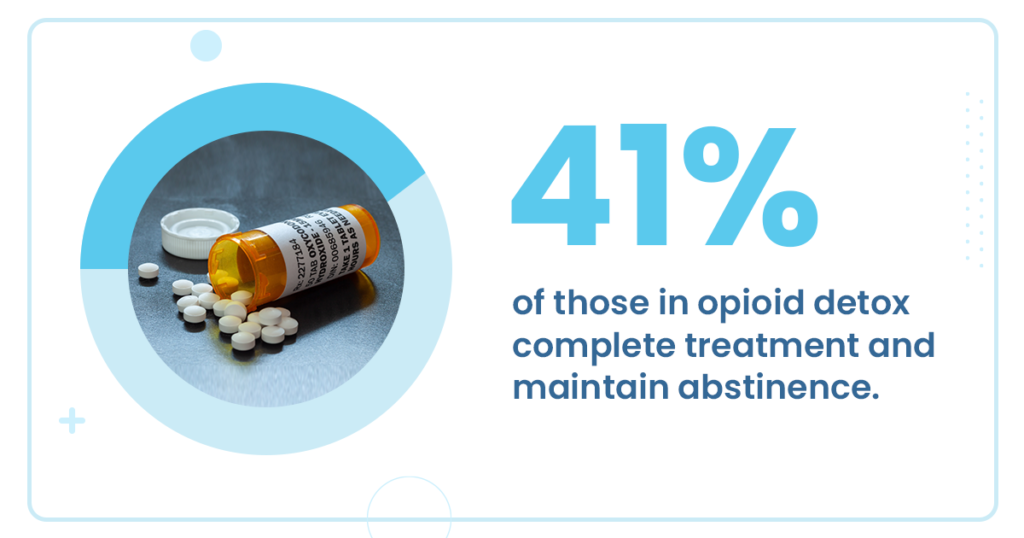
Detox is an essential component of recovery and has prerequisites that must be followed. It is always ideal to go through detox guided by medical professionals at a treatment center. The goal of detoxification is to remove the substance’s traces from the system so that the individual is less dependent on it throughout recovery. This process is incredibly beneficial in preventing relapse and can also aid with the regulation of cravings.
You can recover from substance abuse safely and effectively through a thorough detox. Patients will also receive screening and diagnostics if a co-occurring disorder is involved. The detox process is an essential step in the recovery process.
Physiotherapeutic Therapy In Detox
Healthcare professionals will assist you in regaining control of your life by focusing on rehab programs like physiotherapeutic therapy and psychotherapy. Physical and talk therapy can improve your lifestyle and teach you to cope with your drug or alcohol cravings healthier. Recovery is a long-term process, and the medical staff at a treatment center is well-versed in helping people who deal with addiction.
If you’ve been using alcohol or other drugs for an extended period, your withdrawal symptoms could be more severe and even fatal if not treated in time. The most usual duration of these symptoms is two to seven days. Withdrawal symptoms may differ based on the substance used.
Below are mentioned some of the withdrawal symptoms you may experience:
- Pain in the joints and muscles.
- Frightful delusions
- Nausea
- Vomiting
- Cramping/convulsions
- Anxiety/depression
- Sweats
- Constipation/insomnia
- Disturbed heart rate
Evaluation Under Safe Environment
Detox is one of the first steps in the recovery process, and because of the uncomfortable withdrawal symptoms, this can be incredibly challenging to do on your own. In a residential facility, you will receive 24-hour clinical care under the supervision of a medical team.
Depending on the facility setup, you may participate in group or one-on-one sessions with your therapist. This additional support plays a huge role in keeping the patient safe and motivated to keep going even on difficult days.
A team of medical experts gives you the medication and assistance you need to get your life back on track, all while safeguarding your health and well-being. The purpose of detox is to make the patient as comfortable as possible while withdrawing from the drug. They usually begin to appear three days after the last drink.
Stabilization in Detox Treatment Process
You can relieve withdrawal symptoms with the help of a medically administered detox. Antidepressants, benzodiazepines, and clonidine are used in detox for agitation, nausea, and shakiness. Doctors may also order blood tests, EKGs, and MRIs to understand a patient’s health and treatment options.
The stabilization process generally takes one to three weeks, in which a patient gets assistance to recover from withdrawal symptoms. Professionals at the facility will provide thorough medical care as detox is the crucial first step to recovery.
Treatment Plans at treatment facilities
Once detox is complete, patients will be transferred to the next stage of their recovery—their treatment plan. Experts recommend getting shifted to the phase of formal recovery in treatment. Long-term therapy, like rehabilitation, counseling, and support groups, is more common. The best treatment for alcohol and drug recovery includes detox, which is a crucial element of treating addiction and can help patients stay sober.
Alcohol detox can keep you mentally and physically well-prep for further rehabilitation. A detox can make it easier for you to deal with prescription medications.
Make a Clean Eating Detox Plan
Addiction may impact certain people’s eating habits, increasing or losing weight. Eating more fresh fruit and avoiding processed foods can help speed up detoxification. The withdrawal process can cause nutritional deficiencies, for which a healthy diet must if people do not eat a balanced diet.
It gets difficult to upkeep health during the detox if you haven’t started with the detox diet. A detox diet is a must to adhere to rehab treatment and get back to recovery and everyday life. Medical detoxification requires you to remain hydrated and stay strong with the intake of multivitamins.
Medical Supervision and Vigilance
Detoxification is typically the first step in addiction rehabilitation. A detox helps to start treatment for alcohol and drug abuse properly before treating the underlying behavioral health problems and learning to control them. Mental clarity is a prerequisite for effective treatment. Drug detox is a significant component of substance abuse treatment.
Detoxification involves several processes, including self-examination, stability, and therapy preparation. Those undergoing alcohol detox without medication will receive individualized care from water and food in a safe atmosphere.
Preparations for detoxifying
Evaluation is the initial step of the procedure. Doctors will ask questions about a patient’s medical history, medication use, and disease severity as part of their assessment. The patient’s mental health, infectious infections, and nutritional deficiencies are evaluated.
Despite the best efforts of medical professionals, detoxification can be unbearable. Patients report improved well-being and increased vitality following a single therapy cycle. During the detoxification process, a range of therapeutic approaches is under consideration.
Recommended Ways for a Detox
- Regardless of the severity of a patient’s problem, they must be there for the entire process.
- Each patient’s detoxification plan should be tailored to their specific requirements.
- All patients should be sent to therapy following detox.
- All insurance plans should provide coverage for detoxification procedures.
- The services should be accessible to people of various cultural backgrounds.
- The extent to which patients actively adhere to their treatment programs is important. in determining the efficacy of therapy.

Frequently Asked Questions
How long does it take to detox your body?
Detoxification involves removing the alcohol and substance particles and toxins from your body. It also has the best management for withdrawal symptoms. It typically takes 3 to 10 days to complete the next step.
What is the process for detoxification?
When individuals quit using drugs or alcohol, they may develop severe withdrawal symptoms and, through detoxification, can manage them. It involves ridding the system entirely of the substance being abused. This process allows for a smoother recovery and lessens dependence on the substance.
What does detox mean in medicine?
In a medically monitored detox, you will be under medical supervision; many people tend to get the detox when they are on the brink of facing withdrawal symptoms from alcohol or drug use. You will get rid of harmful substances in your body with a detox.
Medication may also be prescribed by medical professionals that ease cravings and reduce withdrawal symptoms.
Experience a Safe and Effective Detox With the Haven
We take pride in offering detox for alcohol and drugs as we follow a careful procedure, from diagnosis and screening to helping patients detox their bodies with the help of Vital Nutrient IV therapy.
After you receive medically administered detox, you will be prepared for residential treatment for drugs and alcohol, depending on your addiction severity. The Haven has helped hundreds of patients successfully overcome their addiction and get back to a healthy lifestyle. Our premium facilities have everything you need for a safe and comfortable recovery.
When you are ready to take the first step toward recovery, contact us at (561) 328-8627 for more information about our services.






